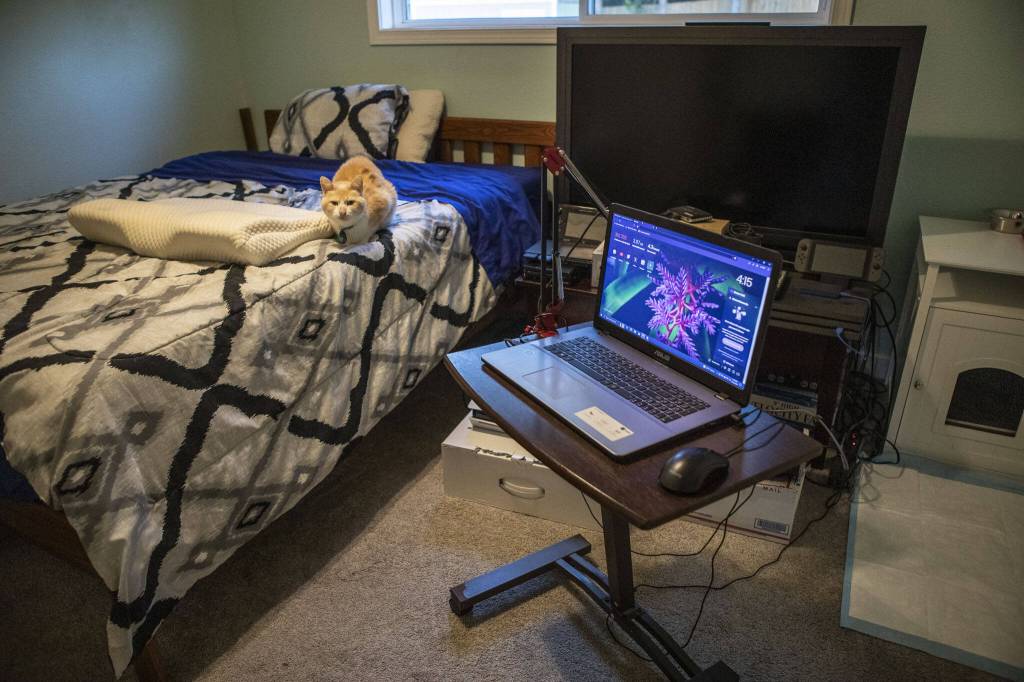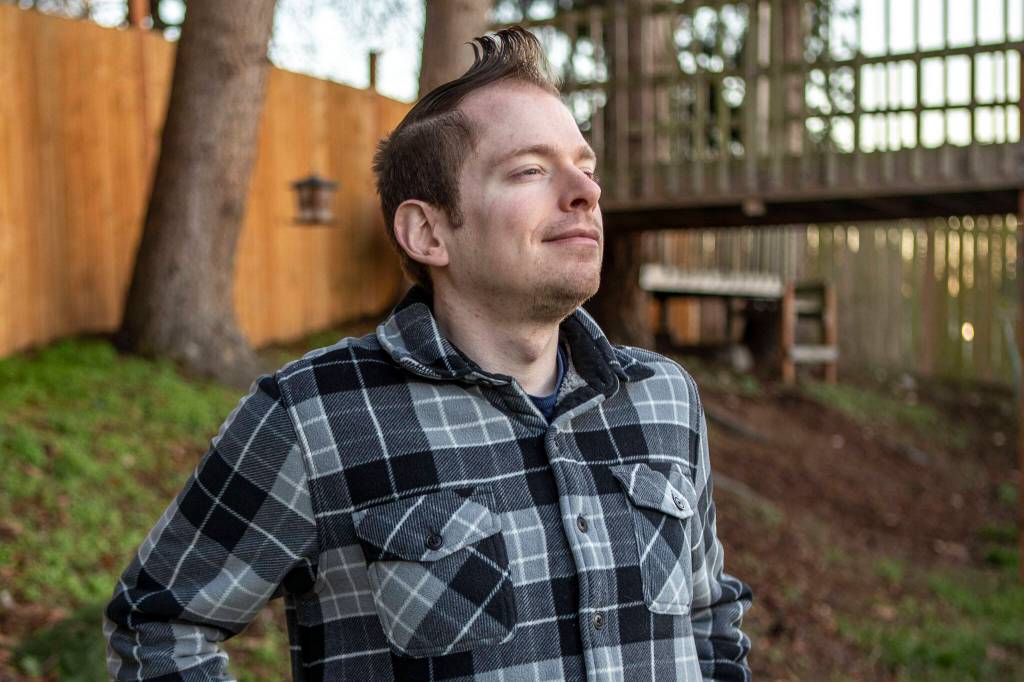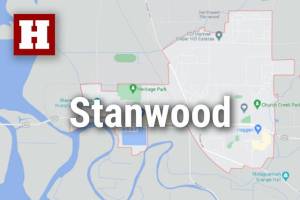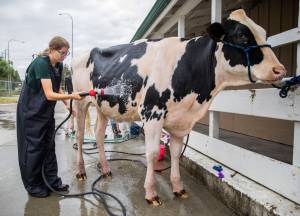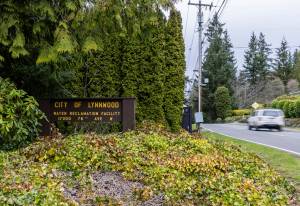Marysville nonprofit offers independence for those with disabilities
Published 1:30 am Wednesday, December 13, 2023



MARYSVILLE — For David Woodward, life is much better since he became involved with the Center for Independence in Marysville a little more than a year ago.
Woodward, 30, once struggled to manage anxiety and feelings of disconnection with others.
Thanks to the Center for Independence, once daunting tasks now seem easy for Woodward, who has lived in Snohomish County with his family since 2016.
The center has been “massively helpful,” Woodward said, assisting him with navigating transit, shopping, cooking and signing up for government assistance programs.
“I’m getting more control of things I was never aware of,” Woodward said. “It certainly makes me feel more in control of myself and less like things are falling apart.”
Woodward is just one of many success stories for the Center for Independence. Since 1981, the center has provided free resources for teens and adults with disabilities in Snohomish and surrounding counties who want to live independently and have full access to the community.
There are more than 400 independent living centers nationwide. The Center for Independence in Washington serves eight counties and roughly 500 people annually, Executive Director Leah Velasco said in an email.
“CFI’s services are participant driven, meaning the individual decides what their goals and needs are to be self-sufficient,” Velasco said. “We are a disability-led organization, we understand many of the challenges the disability community face. CFI provides the tools and resources to people with all disabilities can live independently in the community. We also empower people with disabilities by teaching the skills they need to live independently and to advocate for themselves.”
The center also helps those living in hospitals or assisted living facilities find more independent and accommodating housing.
Velasco said a goal of the center is to help people advocate for themselves.
“Sometimes our disabilities prevent us from being able to work full-time, which then provides us with limited income leading to challenges with securing affordable housing,” she said. “CFI does systemic advocacy and advocates for accessible transportation and accessible/affordable housing by sitting on community committees and providing knowledge on the needs of the disability community and how systems can be more accessible.”
The Center for Independence in Washington began at the Good Samaritan Hospital in Puyallup in 1989, but was preceded by many disability-rights activists.
The independent living movement of today began in the early 1970s, with Ed Roberts who had Polio. Roberts attended the University of California in Berkeley and had to live in a hospital because living on campus wasn’t accessible.
In response, Roberts and other students who used wheelchairs advocated to be integrated into the community and helped create the first Center for Independent Living there.
People who come to the Center for Independence can “expect to be heard and treated with respect,” Velasco said. “We strongly believe that people with disabilities understand their needs more than anyone else and they are experts on their own lives.”
Woodward acknowledged that working toward independent living can be “intimidating,” and encourages anyone interested to work at a pace they’re comfortable with.
“Always go at your own pace,” he said. “If you can’t run, walk. If you can’t walk, crawl. Go at a pace that works for you and find a way that slowly helps you ease into something.”
The Center for Independence is the “best spot” for people seeking independent living to go, Woodward said.
“CFI is certainly the best place you want to go when it comes to meeting with people with neurodivergence, but also being able to be in company with people that understand that they’re there to help you with accommodations that fit your needs and understand where you’re coming from as opposed to just pulling you up and tossing you out to the real world without help or any advice or pushing you into a regimen that doesn’t fit you or your needs,” he said.
Woodward likes the social aspects provided by the center, referencing the “Out and About” group that meets in Marysville on the third Wednesday of every month.
He’s made friends through the Marysville group, and enjoys game nights and meeting people from a wide range of backgrounds.
“The thing that has helped me the most is being able to be around people of the same group I am,” he said.
Velasco agreed.
“These groups are a great way to meet other people with disabilities who are living independently and receive peer support,” she said. “It’s not easy doing life alone!”
The organization doesn’t put on fundraisers, but plans to in the future, Velasco said.
However, the center holds an annual picnic in the summer for participants and community members to learn more about their work and how to get involved, Velasco said. She encouraged people to sign up for the center’s quarterly newsletter to stay up-to-date with activities and opportunities for involvement.
Ashley Nash: 425-339-3037; ashley.nash@heraldnet.com; Twitter: @ash_nash00.

